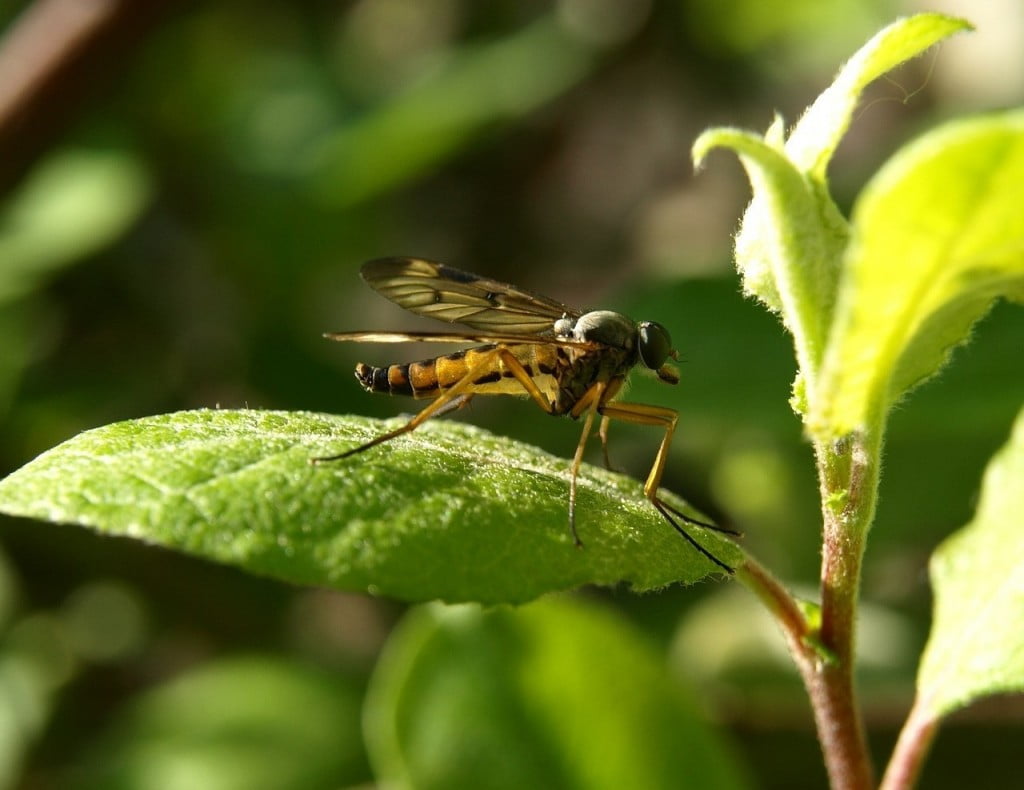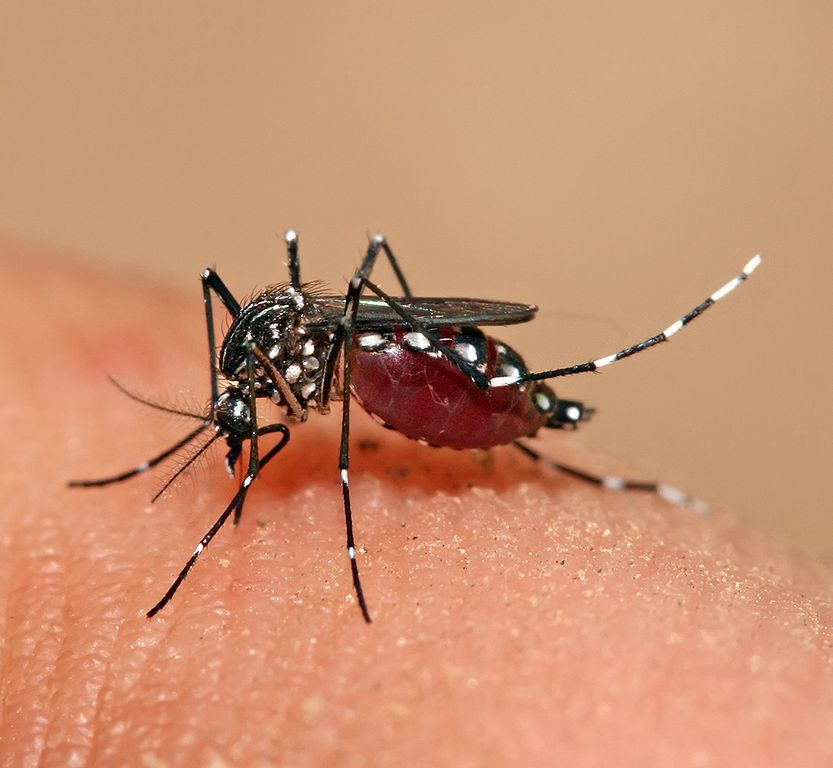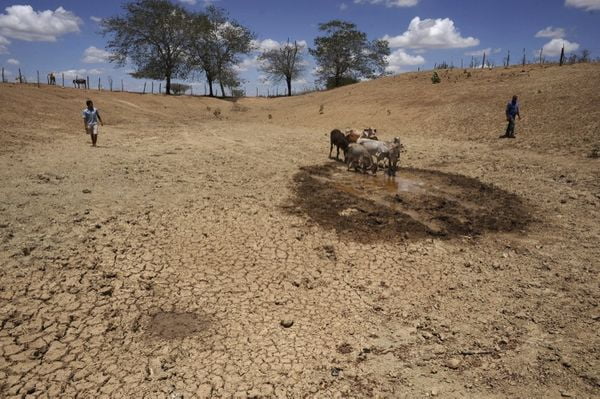Since the World Health Organization (WHO) issued a “public health emergency of international concern” alert regarding the Zika virus, US President Barack Obama and other world leaders have called upon researchers to develop tests, vaccines and treatments to fight the mosquito-transmitted virus. Less than a week later, Israeli scientists from Ben Gurion University and the University of Haifa responded with insights into the particular circumstances of this most recent outbreak and how the virus is evolving.
SEE ALSO: Israeli Researcher’s Discovery May Pave Way For Malaria Vaccine
Since the 1940s, outbreaks of the Zika virus have been reported in Africa, the Americas and in parts of Asia. Spread through Aedes mosquito bites, the virus used to cause fever and joint pain. However, now, researchers have reason to believe that the most recent outbreak is closely linked to microcephaly, a condition in which a baby is born with an abnormally small head and brain.
Over the past few months, hundreds of Brazilian women affected by the Zika virus gave birth to babies with microcephaly, leading several governments in Latin America to advise women to avoid pregnancy for the next two years.
SEE ALSO: Israel’s SightDx Detects Malaria In Blood In Only Three Minutes
This call-to-inaction is so extreme that Israeli universities are trying to gather findings that could stop the outbreak. Ben Gurion University’s Dr. Leslie Lobel has joined a much-needed international consortium in order to understand the risks and prevent the spread of the disease. “The Zika virus was discovered long ago, but not so much research has been done on it,” virologist Lobel tells NoCamels. The main goal now is to check if the pathology caused by the Zika virus is changing and, if so, why. “The correlation with microcephaly is still not clear,” he says.
Comparing Brazil to Uganda
Lobel’s preliminary research focuses on the genetics of the virus, and on the differences between symptoms found in Ugandan and Brazilian patients. These differences could teach us about the evolution of Zika and lead researchers to a possible cure. In other words, virologists are trying to understand why before, the Zika virus only caused mild reactions such as fever, whereas now, it is believed to cause more severe symptoms such as microcephaly.
Sign up for our free weekly newsletter
SubscribeLobel, an American-born virologist and physician, has worked on Zika together with Ugandan experts for 13 years and is now helping Brazilian authorities, since “it is very important to have a reference and compare the different cases”, he says. Funding for the research will likely come from the European Union, which sponsors several projects to advance medical research, some of them specifically addressed at preventing the spread of Zika.
However, Zika will not likely spread to Israel and many other parts of the world, Lobel estimates. “The insects that cause the virus don’t exist in Israel, and the ecosystem here does not represent an ideal environment for them to proliferate,” he tells NoCamels. “But we cannot foresee if the virus will change again in the future.”
Severe drought could have led to mosquito proliferation
Meanwhile, preliminary findings from a study conducted at Israel’s University of Haifa could shed light on certain climates in which Zika-carrying mosquitos flourish. The study, led by Dr. Shlomit Paz in collaboration with the European Center for Disease Prevention and Control, has found correlation between exceptionally hot and dry winters and the Zika virus. The study was recently published in the prestigious scientific journal The Lancet.
“The extreme temperature and drought in Brazil are due to a combination of the El Niño phenomenon and the climate changes of recent years,” Paz said in a statement. Her findings are based on data from the US agency the National Oceanic and Atmospheric Administration. They show that the latter half of 2015 saw the highest temperatures since records began, combined with severe drought. The Zika outbreak appeared in these areas over the weeks that followed.
The Zika outbreak is linked to global warming
High temperatures (up to a certain limit) have provided a fertile breeding ground for Aedes mosquitoes to reproduce. These mosquitoes also require water. Coincidentally, during periods of drought, local residents store water in containers, thereby creating a convenient habitat for the mosquitoes to proliferate.
The researchers are currently expanding the study in order to gain further insight into the precise nature of the correlation between climatic conditions and the outbreak of the disease. “In light of the health risk, and the fact that the Aedes mosquitoes also carry other viruses, it is important to address the impacts of climate when analyzing the causes of the current outbreak,” Paz concluded.
Photos: Muhammad Mahdi Karim, Planet Ark
Related posts

Israeli Medical Technologies That Could Change The World

Harnessing Our Own Bodies For Side Effect-Free Weight Loss

Missing Protein Could Unlock Treatment For Aggressive Lung Cancer







Facebook comments